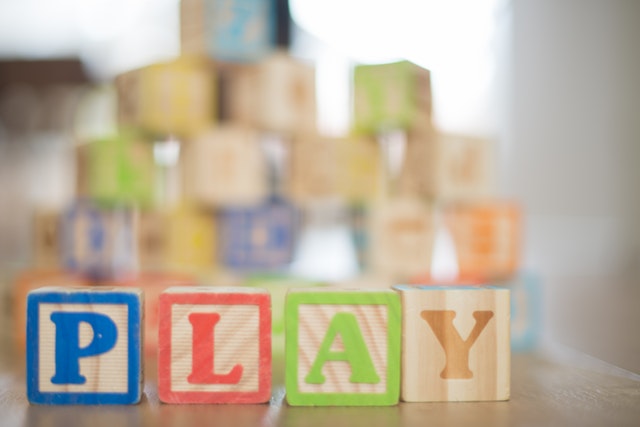Play Therapy

What Is Play Therapy?
Mental health professionals use this psychotherapeutic approach with (mostly) children to help them express themselves and uncover problems. The setting is usually a safe playroom where the child is encouraged to explore and choose their own toys/activities freely. Children sometimes find it easier to communicate through play than words. It is also a form of experiential therapy. Play is a way to develop problem-solving skills, express thoughts and emotion, and learn how to relate to others around them. It distances them from their problems and gives a distraction. Situations, such as abuse, anxiety, witnessing domestic violence, and traumatic experiences, can overwhelm a child to the point they feel like they don’t have a voice. With play therapy, they are able to voice what’s wrong through creating their own scenarios through play.
How Does Play Therapy Work?
When a child’s problems manifest into unhealthy behavior, play therapy can help. As the therapist observes the child’s behavior during play, they can work with the child to address their negative emotions in a positive way. For example, imagine a child that lives in an abusive household is acting out aggressively at school. The child displays the vulnerability he feels during his play. Then, the therapist is able to work with him on how to deal with this vulnerability in a healthier alternative way than aggression towards others. Play therapy helps children feel heard and understood.
Types of Play
Non-directive Play Therapy
Also referred to as client-centered therapy, non-directive play encourages the child to steer his or her own play. This method builds trust by allowing the child freedom to direct their own narrative. The child is allowed to explore their problems and solutions on their own.
Directive Play Therapy
The therapist plays a bigger part in this method by directing the child to engage in specific activities. This is a more pointed approach with an objective in mind. Used to teach skills, this type of play has an end goal.
Imaginary Play: This type of directive play therapy incorporates what you would normally think of when you envision play therapy: toys, blocks, Legos, tea parties, dolls, etc.
Filial Therapy: Filial therapy explores child/parent relationships as a way to prevent problems. The parent is present and taught how to implement certain methods of therapy at home.
Sand Tray Therapy: This is a hands-on psychological method where the child creates a scene with sand, water, and miniature figurines. It is a way for the child to display in a concrete manner what they are feeling inside while utilizing tactile mediums.
We Want to Keep You and Your Family Safe and Healthy.
Stay tuned for a more in-depth explanation of more experiential therapy techniques!



